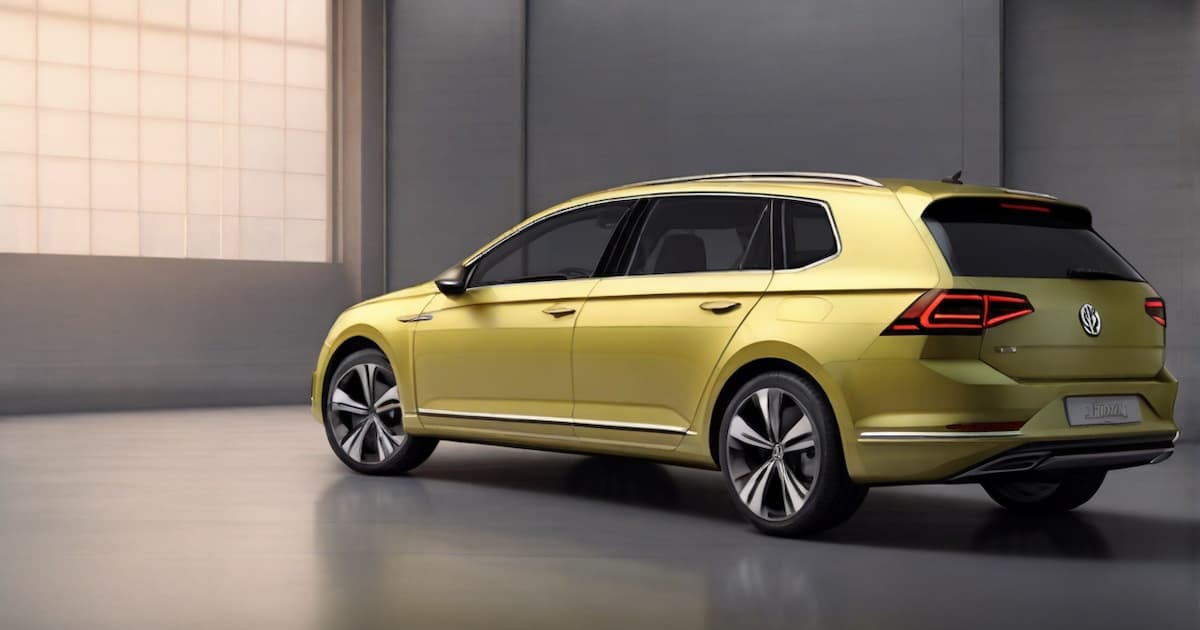
Overview
Volkswagen has announced that it will be incorporating OpenAI’s ChatGPT into its vehicles starting in the second quarter of 2024. The chatbot will be available across VW’s lineup, including in Tiguan, Passat, and Golf, as well as the automaker’s ID family of electric vehicles. The feature will initially be introduced in Europe, with plans to expand to the US market still under consideration.
VW is planning to use ChatGPT to enhance its IDA in-car voice assistant, enabling more naturalistic communication between the car and the driver. The new voice assistant will allow vehicle owners to control basic functions such as heating and air conditioning, as well as answer “general knowledge questions.” However, given ChatGPT’s tendency to occasionally provide inaccurate information, users are advised to exercise discretion.
VW has promised that it will not require users to create a new account or install any additional apps to use the chatbot. The feature can be activated by using the wake words “Hello IDA” or by pressing a button on the steering wheel. In addition, VW has stated that questions and answers will be deleted immediately to ensure the highest possible level of data protection.
Most vehicle voice assistants are limited in their capabilities, typically only able to perform basic functions such as turning on seat heaters or window defrosters. However, ChatGPT and other large language model chatbots have the potential to provide more complex conversational skills and navigational requests.
VW’s decision to incorporate ChatGPT into its vehicles is a significant move, as many other automakers are still “testing” the chatbot’s worthiness for vehicle use. VW’s integration of ChatGPT into its cars is made possible through Cerence, a third-party software company that provides “automotive grade” ChatGPT integrations. The company’s Cerence Chat Pro software will enhance VW’s voice assistant, allowing it to provide relevant responses to nearly every query imaginable.
While there have been concerns regarding the accuracy of ChatGPT and other large language model chatbots, VW has reassured users that their driving stats will not be accessible to OpenAI. Additionally, VW’s use of ChatGPT is seen as a strategic move to boost the company’s image and competitiveness in the market.
Overall, VW’s decision to incorporate ChatGPT into its vehicles is a significant step towards enhancing the conversational skills of vehicle voice assistants. With the promise of more naturalistic communication and hands-free interaction, VW is positioning itself as a leader in the integration of AI technology into the automotive industry.
Frequently Asked Questions
How does Volkswagen’s voice assistant integrate with OpenAI’s technology?
Volkswagen’s voice assistant is powered by OpenAI’s GPT-3 technology. The GPT-3 is a state-of-the-art language model that can understand natural language and generate human-like responses. Volkswagen has integrated this technology into their voice assistant to provide a more natural and intuitive user experience.
What features does the VW voice assistant offer for in-car functionality?
Volkswagen’s voice assistant offers a range of features for in-car functionality, including navigation, climate control, media control, and more. Users can control these features with voice commands, allowing for a hands-free driving experience.
Can the Volkswagen voice assistant control smart home devices?
Yes, Volkswagen’s voice assistant can control smart home devices. The voice assistant is compatible with a range of smart home platforms, including Amazon Alexa and Google Assistant. Users can control their smart home devices with voice commands while driving or from outside the car.
What languages are supported by Volkswagen’s in-car voice assistant?
Currently, Volkswagen’s in-car voice assistant supports several languages, including English, German, French, and Spanish. The company is working to expand language support in the future.
Related content:
- What Favorite Film Genres Reveal About Your Brain
- Insights and Predictions on The Future Of Blogging
- How Predictive AI is Supercharging Bidding Strategies
- 5 AI Tools That Will Change Your Life in 2024
- How Artificial Intelligence Can Help Teachers Improve Classroom Performance
How does Volkswagen ensure user privacy and data security with their voice assistant?
Volkswagen takes user privacy and data security seriously. The company uses advanced encryption and security protocols to protect user data. Additionally, Volkswagen’s voice assistant only uses data for the intended purpose of providing a better user experience and does not share user data with third parties.
Are there any subscription fees associated with using Volkswagen’s voice assistant?
No, there are no subscription fees associated with using Volkswagen’s voice assistant. The voice assistant is included as a standard feature in Volkswagen’s newer models.